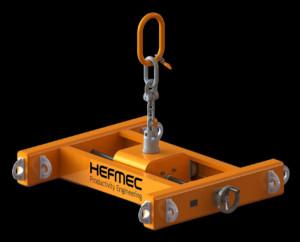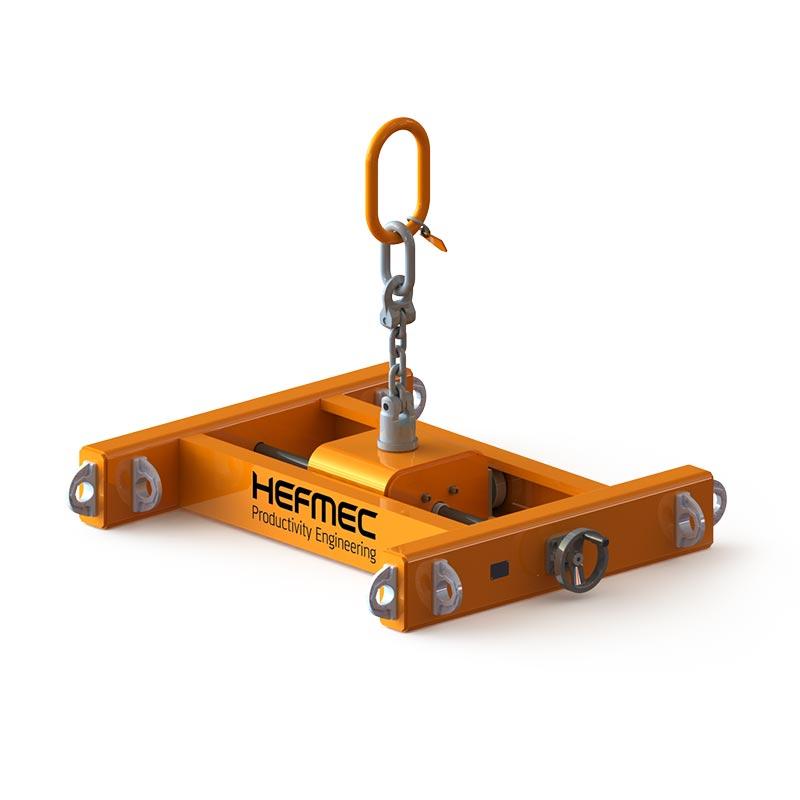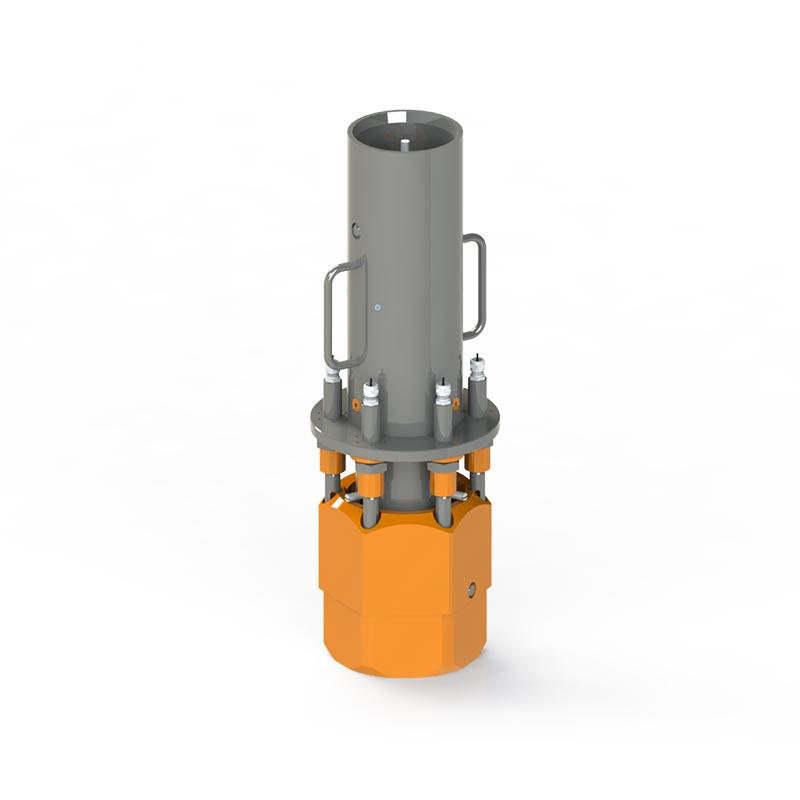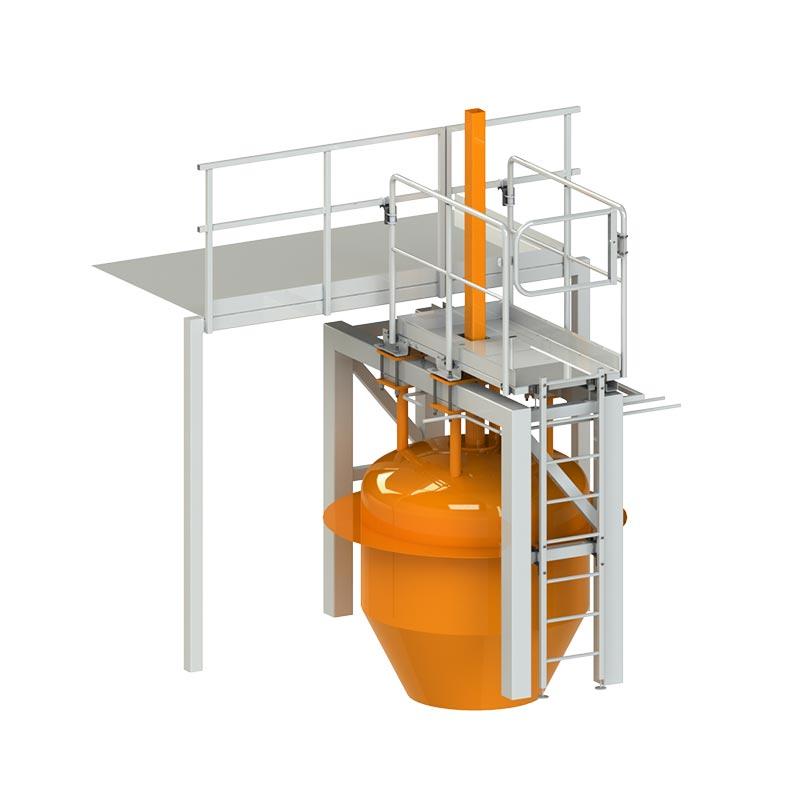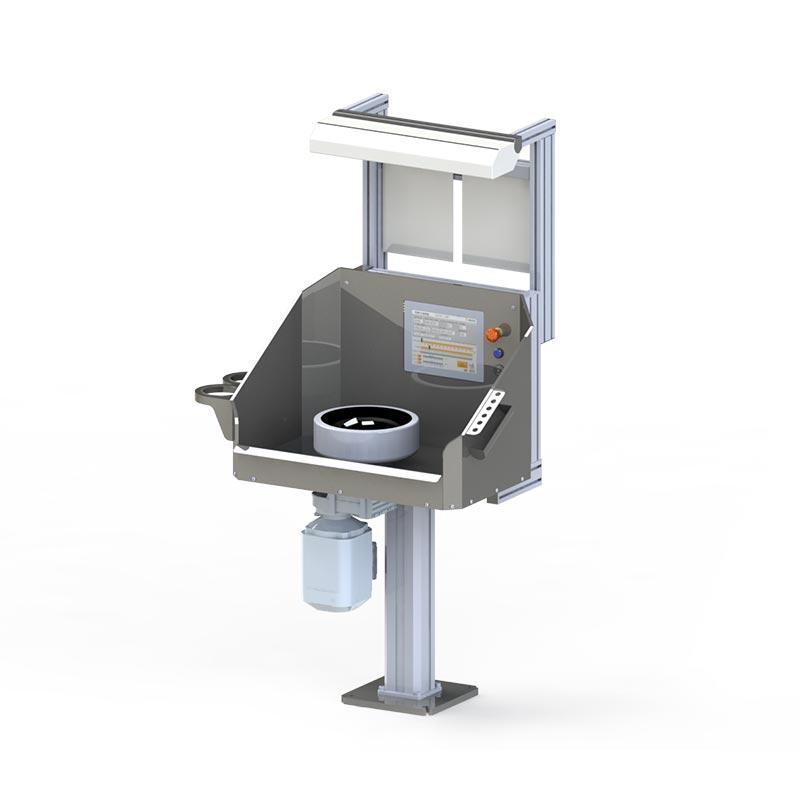The role of machine automation in industry
Machine automation has significantly changed the way industry works in recent decades. It has enabled more efficient production processes, improved product quality and reduced human error. Machine automation enables companies to achieve higher production volumes in less time, which is critical to remain competitive in global markets.
Automation systems can perform complex tasks that would require considerable human time and effort. This frees up workers to focus on tasks that require more creativity and problem solving. Machine automation can also improve working conditions and safety, as dangerous and heavy work can be delegated to machines.
Various machine automation applications
Machine automation covers a wide range of applications in different industries. One of the most common applications is robotics, where robots perform repetitive and precision tasks such as assembly, welding and packaging. Robotics can help achieve uniform product quality and reduce production costs.
Another important application area is process automation, where automation systems monitor and control industrial processes such as chemical reactions or energy production. Process automation improves process efficiency and safety, and enables real-time data collection and analysis to help optimise production.
Benefits and challenges of machine automation
The benefits of machine automation are undeniable. It increases productivity, reduces costs and improves product quality. In addition, automation can reduce labour costs and improve working conditions, making industry a more attractive place to work. Automation systems can also operate around the clock, increasing production flexibility and capacity.
But there are challenges. The introduction of machine automation requires significant investment in both equipment and training. In addition, maintaining and upgrading automation systems can be expensive and complex. It is also important to note that automation does not replace the need for people entirely, but changes job profiles and requires new skills.
Outlook for the future
The future of machine automation looks promising. As technology becomes smarter and more versatile, automation systems will become more efficient and flexible. For example, the integration of artificial intelligence and machine learning into automation systems will enable more accurate and autonomous operation.
The Internet of Things (IoT) and the Industrial Internet of Things (IIoT) are also important developments. These technologies allow machines and devices to communicate with each other and share information in real time, improving the management and optimisation of production processes. In the future, we can expect to see more and more intelligent and networked automation systems that improve industrial efficiency and flexibility.
The impact of machine automation on the workforce
Machine automation is changing the structure and requirements of the workforce. Traditional manual tasks are being reduced and replaced by new roles requiring technical skills and the ability to manage automation systems. This means that workers need to constantly update their skills and training to remain competitive in the labour market.
At the same time, machine automation can create new jobs, especially in technology development and maintenance. Training and continuous learning are key to enabling the workforce to adapt to changing demands and to fully exploit the potential of automation.
Summary
Machine automation is a key factor in industrial development and maintaining competitiveness. It offers significant benefits such as improved productivity, cost savings and better quality. At the same time, it brings challenges such as investment needs and changes in the structure of the workforce.
At Hefmec, we believe that machine automation is the key to future industrial success. Continuous technological development and innovation are essential to meet the changing needs of industry and remain competitive in a global market. Machine automation is not just a technological solution, but a strategic investment that will shape the future of industry.

